Monday, June 26 – 4:30PM CET
“Engineering organoids”
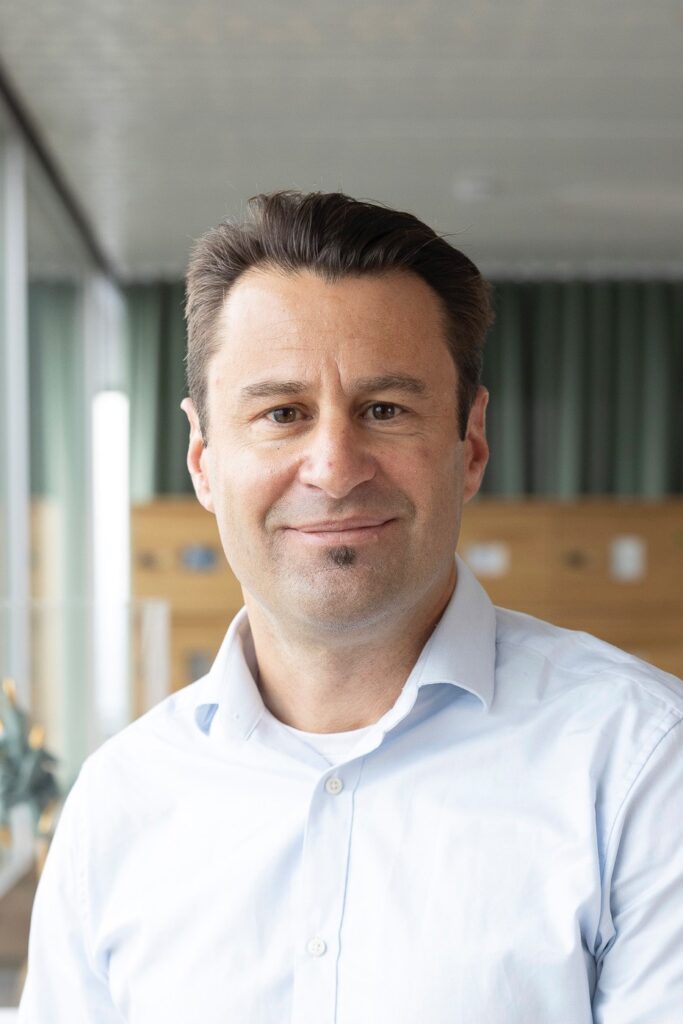
Matthias Lutolf, Roche
Matthias Lutolf is the founding Director of the Roche Institute for Translational Bioengineering and a Professor of Bioengineering at the Swiss Federal Institute of Technology in Lausanne (EPFL). His research focuses on the use of cutting-edge bioengineering strategies to guide stem cell-based development to build novel organoids with improved reproducibility and physiological relevance for basic research and real-world applications in drug discovery and development.
Tuesday, June 27 – 9:00AM CET
“Mapping tissues in vivo and in vitro”
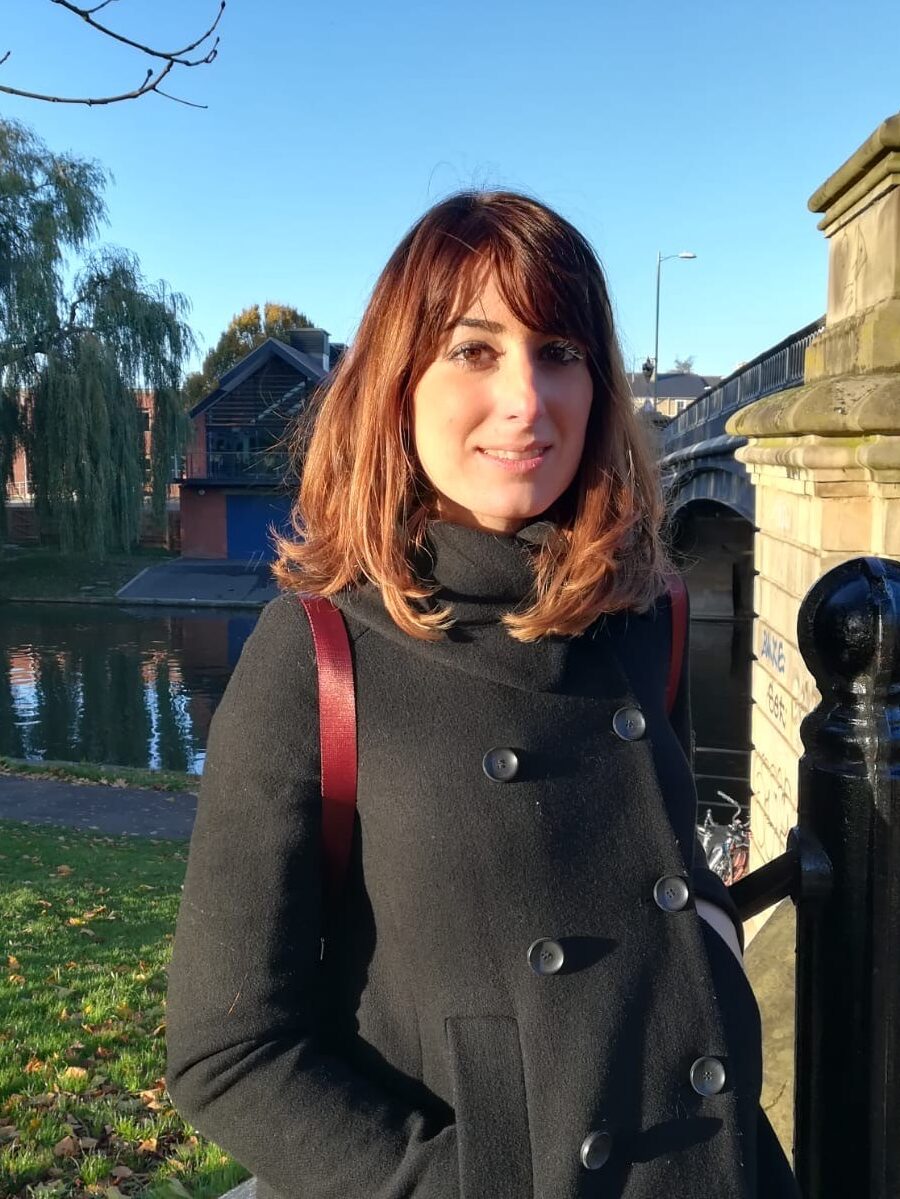
Roser Vento-Tormo, Wellcome Sanger Institute
Roser Vento-Tormo’s research interest is to understand the influence of cellular microenvironments on individual cellular identities and responses, in the context of development and immunity. Her team (https://ventolab.org/) employs single-cell and spatial transcriptomics methods to deconstruct the cell signals in human organs and tissues, and utilise this information to inform the reconstruction of novel in vitro models. Essential for this work, is the novel computational tools her team develops to build cell–cell interactions networks from transcriptomics data. In her predoctoral research, she studied the interplay between cell signalling and epigenetic machinery key to regulating cellular fate decisions in myeloid cells. She pursued her postdoctoral studies in the Teichmann laboratory as an EMBO / HFSP fellow, where she developed CellPhoneDB.org, a computational tool to study cell-cell communication from single-cell transcriptomics data. She used CellPhoneDB to disentangle the complex communication between maternal and fetal cells in the uterine-placental interface during early human pregnancy. Vento-Tormo work has been funded by many recognised international agencies (H2020, MRC, CZI, Wellcome-LEAP), and she has recently obtained the Early Career Research Award from the Biochemistry Society (2021).
Tuesday, June 27 – 4:00PM CET
“Advancing New Alternative Methods at FDA“
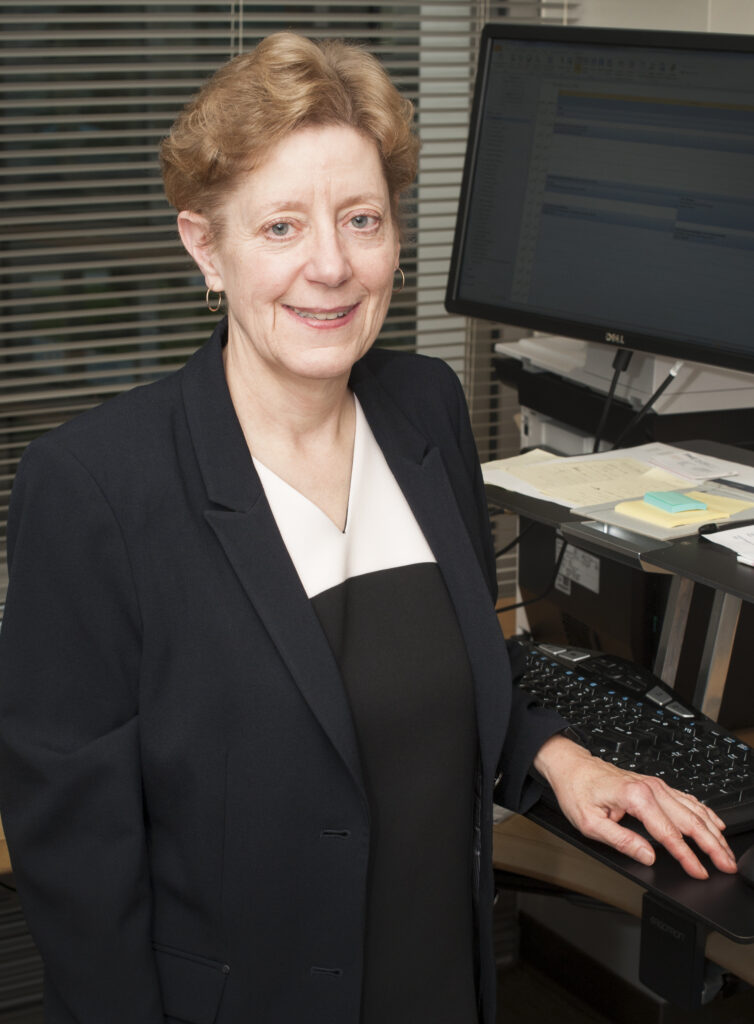
Donna Mendrick, FDA
Dr. Donna L. Mendrick is the Associate Director of Regulatory Activities at the National Center for Toxicological Research (NCTR) and serves as the liaison between NCTR and the regulatory centers at the FDA. Her FDA wide committee assignments include Chairing the Emerging Sciences Working Group, the Artificial Intelligence Working Group, co-chairing the Alternative Methods Working Group and being a member of the FDA’s Senior Science Council. In the area of alternatives, she is co-lead from FDA on Tox21, represents NCTR on ICCVAM, and is a member of the European-Organ-on-Chip-Society (EUROoCS).
Prior to becoming the Associate Director and locating to FDA’s White Oak campus, she was the Director of the Division of Systems Biology at NCTR. Dr. Mendrick was an Assistant Professor of Pathology at Harvard Medical School and Brigham and Women’s Hospital until 1995 when she joined joining Human Genome Sciences. Just prior to joining the FDA in 2008, she was a Scientific Fellow and Vice President of Pharmacogenomics at Gene Logic. Dr. Mendrick has over 25 years of experience in the fields of alternative models (in vitro systems and computational modeling), immunology, pathology, pharmacogenomics, pharmacology, toxicology, toxicogenomics, and in vivo efficacy and safety assessment of recombinant therapeutic proteins and monoclonal antibodies.
Wednesday, June 28 – 9:00AM CET
“Multi-organ on chip platforms for individualized studies of human pathophysiology”
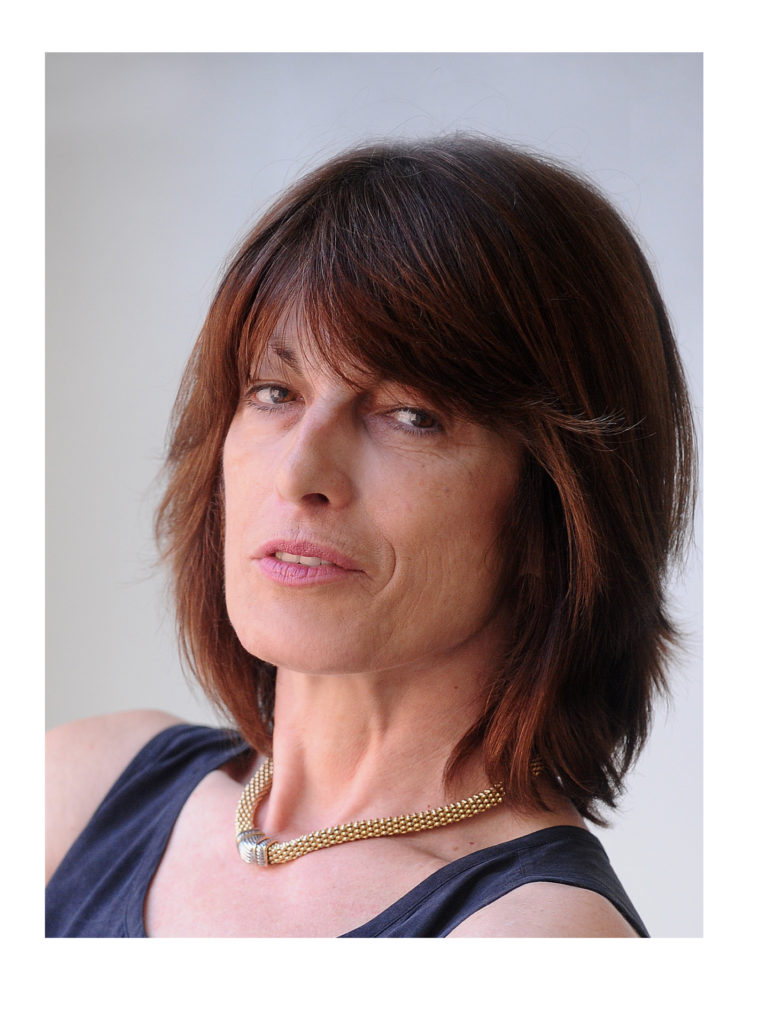
Gordana Vunjak-Novakovic, Columbia University
Gordana Vunjak-Novakovic is University Professor, the first engineer to receive this highest academic rank at Columbia University. The focus of her lab is on engineering functional human tissues for use in regenerative medicine and patient-specific “organs-on-a-chip” models of diseases, including cancer. She is well published and highly cited, has mentored over 150 trainees, and founded four biotech companies. She is a member of Academia Europaea, Serbian Academy of Arts and Sciences, US National Academy of Engineering, US National Academy of Medicine, US National Academy of Inventors, International Academy of Medical and Biological Engineering, Royal Society – Academy of Science, and the American Academy of Arts and Sciences.
Thursday, June 29 – 9:00AM CET
“MPS- bioengineering the future of biomedicine“
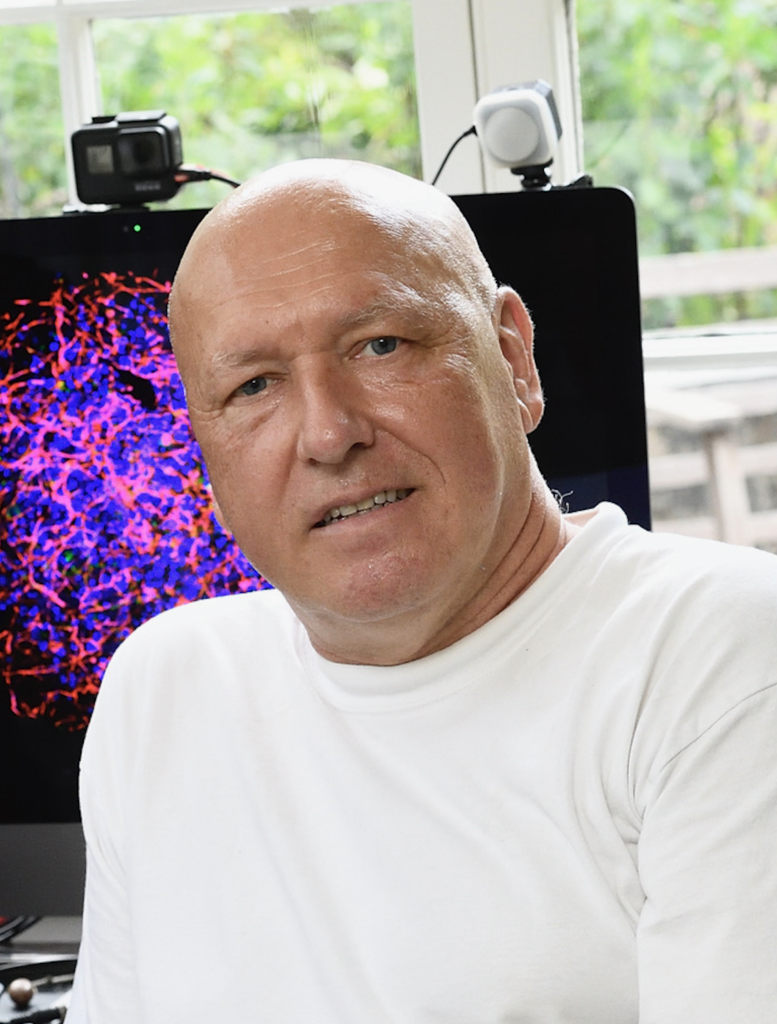
Thomas Hartung, Center for Alternatives to Animal Testing
Thomas Hartung, MD PhD, is the Doerenkamp-Zbinden-Chair for Evidence-based Toxicology in the Department of Environmental Health and Engineering at Johns Hopkins Bloomberg School of Public Health, Baltimore, with a joint appointment at the Whiting School of Engineering. He also holds a joint appointment for Molecular Microbiology and Immunology at the Bloomberg School. He is adjunct affiliate professor at Georgetown University, Washington D.C.. In addition, he holds a joint appointment as Professor for Pharmacology and Toxicology at University of Konstanz, Germany; he also is Director of Centers for Alternatives to Animal Testing (CAAT, http://caat.jhsph.edu) of both universities.
CAAT hosts the secretariat of the Evidence-based Toxicology Collaboration (http://www.ebtox.org), the Good Read-Across Practice Collaboration, the Good Cell Culture Practice Collaboration, the Green Toxicology Collaboration and the Industry Refinement Working Group. As PI, he headed the Human Toxome project funded as an NIH Transformative Research Grant. He is Chief Editor of Frontiers in Artificial Intelligence. He is the former Head of the European Commission’s Center for the Validation of Alternative Methods (ECVAM), Ispra, Italy, and has authored more than 600 scientific publications (h-index 100).
Friday, June 30 – 1:30PM CET
“Integrating human organoids into organismoids – how to achieve human body homeostasis in vitro?“
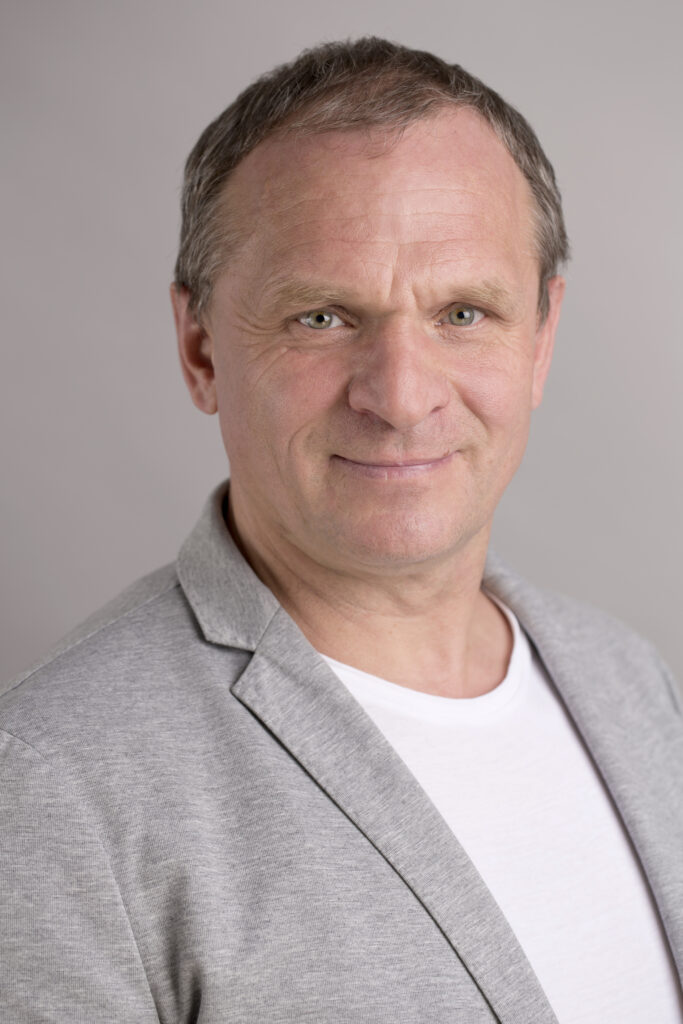
Uwe Marx, TissUse GmbH, Technische Universitaet Berlin
Uwe Marx is a physician by training. He received his doctorate degree from the Charité in Berlin, Germany and is the founder and Chief Scientific Officer of TissUse a Berlin based company founded in 2010. Dr. Marx was appointed an Honorary Professor of Medical Biotechnology at the Technische Universität Berlin in 2022. Along his 35-year academic carrier at the Charite Berlin, the University of Leipzig and the Technische Universität Berlin he always focussed on the invention and implementation of innovative biopharmaceutical products and technology platforms. Immunotoxins, human monoclonal antibodies, stem cell transplants and human tissue engineering platforms resulted from his developmental work and have been secured by 30 patent families with several hundred granted patents in place. Dr. Marx published several book chapters and more than 150 peer reviewed papers. He founded numerous German biotech companies, among them ProBioGen and VITA34. Furthermore, he served as a reviewer for various German governmental biotech programmes. Since 1991 Dr Marx is engineering human multi-organ bioreactors and since 2010 miniaturized human multi-organ-chip systems in collaboration with the Technische Universität Berlin. As a scientist Dr. Marx has developed the theoretical background of the organismoid theory – a concept and its principles to generate miniature mindless and emotion-free equivalents of a human individual´s body on chips. The Russel and Burch award has been awarded to Dr. Marx by the Humane Society of the United States in Sep 2021. Dr. Marx hosted the two stakeholder CAAT-workshops of the MPS-community in 2015 and in 2019 in Berlin.
